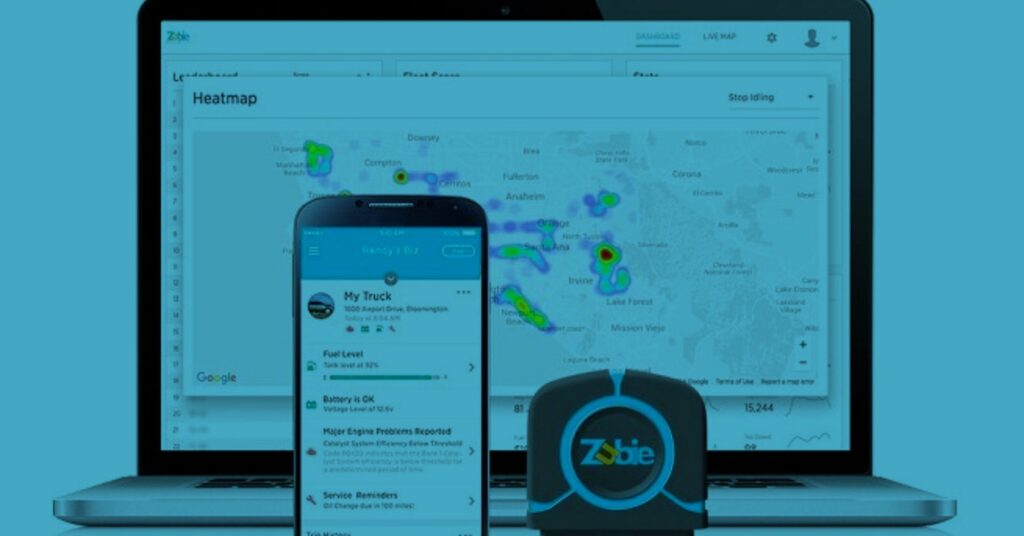
Several businesses in America rely on a vehicle fleet to operate which in turn can pose numerous challenges. Key among them is ensuring that the entire fleet is properly supervised and Fleet Tracking is one of the best ways to achieve this goal. Fleet tracking devices mainly use Global Positioning Systems (GPS) to track vehicle locations and provide feedback on driver behavior. If you have more than two vehicles, you should consider implementing such a system in order to improve safety, efficiency, and overall customer satisfaction.
Fleet tracking and management systems provide you real-time updates and alerts, which allow you to monitor your employees from a central location. The alerts are either sent via emails, push alerts, or text messages. This saves time and resources that would otherwise be checking in with each vehicle manually. It equally helps to control fuel costs, monitor negligent driving behavior, and enhance service delivery.
How a Fleet Tracking System Works
GPS is essentially a satellite-based tracking system which was developed in the 1970’s and is comprised of 24 satellites that orbit the earth. These satellites send data to receivers on earth via radio signals, which in turn help you pinpoint the precise location and movement of your vehicles. Once a GPS unit is installed on your vehicle fleet, you can track it by logging into your fleet management system portal on your computer or mobile device.
This information that your GPS unit collects is generally presented to you in one of two ways: actively or passively. When using active trackers the information will be sent directly to you via a cellular network, which allows you to see a live feed of the vehicle location from anywhere. When using passive trackers your vehicle’s journey information will be recorded on the physical device itself, which you can later plug into a computer terminal and download.
In the past, active tracking devices were not effective in areas with poor mobile network connectivity. However, advances in technology and the increase in the number of satellites has helped to ease this shortcoming. You should also keep in mind that GPS tracking systems might perform poorly when your vehicle is traveling in a tunnel, parking garage, or other area where the cellular could be interrupted. But, a good active GPS system will backup all of your data on the device itself, This way, once it gets a good signal again, it can update your software and you don’t lose any data.
How Fleet Tracking Can Improve Your Business
Fleet tracking is a key ingredient to success as far as running a business is concerned. Its main significance is that it gives you the opportunity to save fuel costs. Tracking devices enable you to plan efficient routes for your vehicles to take which ultimately translates to fuel economy. Besides this, it is easy to keep fuel management records online for auditing purposes. With fleet tracking you can also rein in on drivers who have the habit of undertaking unauthorized and unwarranted fuel purchases.
Fleet tracking also enables you to maintain your vehicles more effectively. This enables you to monitor the distance traveled by each vehicle, and the routes taken. In doing so, you can easily customize repairs to suit each vehicle’s needs. What’s more, fleet management solutions may provide maintenance services, which make them a necessary staple for fleet managers and business owners.
Are you exploring a fleet management system for your business? Learn what to look for, download our free eBook below.
{{cta(‘fe4b7e20-21bb-48b6-91eb-c100013b4bd7’)}}
